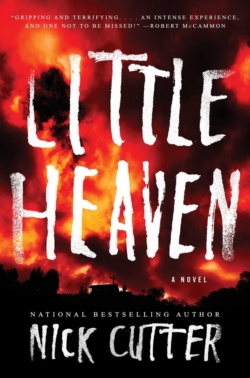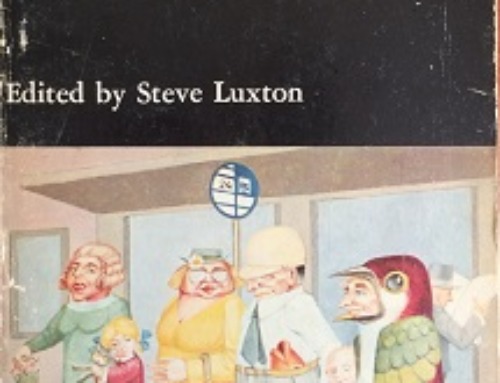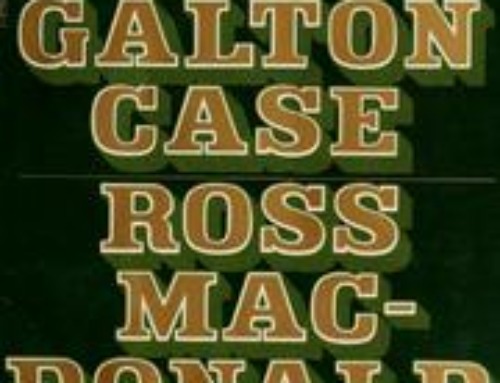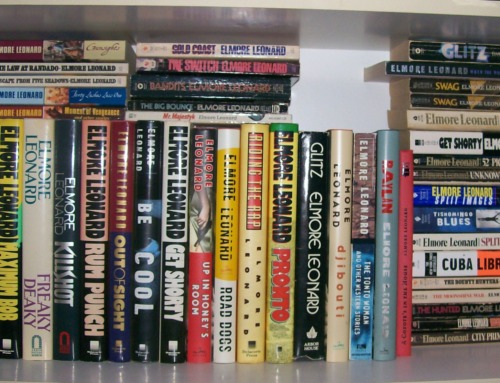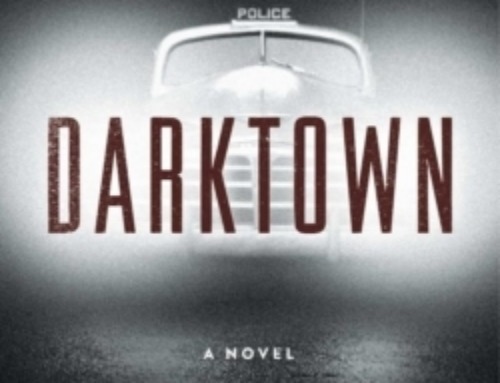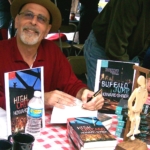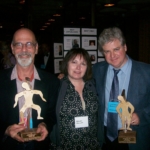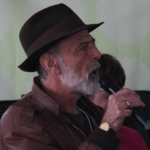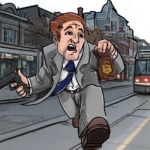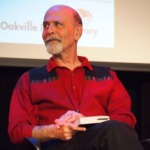 Author Cutter Could Be Sharper
Author Cutter Could Be Sharper
By Howard Shrier
National Post, April 18, 2017
Canadian author Nick Cutter tells a wild tale in Little Heaven. It’s epic in length and scale, if not depth. The evil at its core is as scary as anything I’ve read in horror, crime or fantasy. Cutter has talent to burn and writes action scenes like a pirate slashing through a crowd.
Unfortunately, his characters are just that – characters – not people. And his great action scenes – the approach of a raging fire, a wild escape on a motorcycle, multiple confrontations between humans and terrifying creatures that stalk them – are too often followed by grinding exposition and overlong backstories.
Cutter’s story begins in 1965, when Ellen Bellhaven hires mercenary Micah Shughrue and two sidekicks to investigate a New Mexico religious compound called Little Heaven and, if necessary, extricate her nephew. The action shifts between the epic fight against evil that ensues and a milder struggle 15 years later, when the grim trio reunites to rescue Shughrue’s kidnapped daughter.
In the forest outside Little Heaven, in 1965, they discover an ancient evil that feeds off the citizenry in mysterious ways. It creates terrifying hybrid creatures spun together from wolves, bears and other animals, wild bundles bristling with fangs, wings, beaks and claws, almost too horrible to imagine.
From the minute Shughrue opens his mouth, he seems to know he’s in a horror novel. He does not use contractions. He does not speak; he intones. In 482 pages, he sounded real twice (“Lay off” and “Hold up”).
Sidekicks Ebenezer Elkins and Minerva Atwater are colourful, but their origin stories are unlikely set pieces. (Atwater’s father was assassinated over a gambling debt by Elkins at the same exact moment that her kid brother was swallowed whole by a giant snake. Really?) Little Heaven’s founder and leader, the Reverend Amos Flesher, is a buffoon with too much goo in his hair.
The one character whose story I wanted to know, Ellen, beautiful but horribly disfigured, remains a cipher. The dullest character in the book, Virgil, gets a seven-page backstory; Ellen merits one line about the lover who burned her face. Maybe her story would have been real horror: harder to swallow, or write, than conjured terrors.
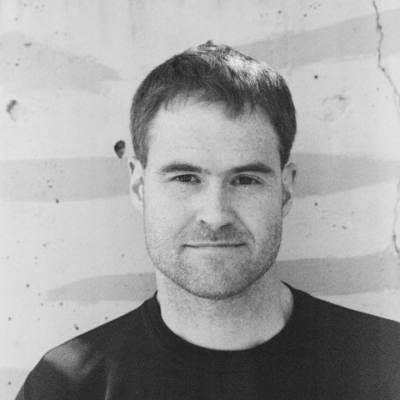
Canadian author Craig Davidson (a.k.a. Nick Cutter) writes great action scenes but his characters never come to life.
For this and other reasons, Cutter’s story never reaches the heights of John Connolly, the great Irish writer who tells a superior (and eerily similar) tale in his 2014 novel, The Wolf in Winter. In it, private investigator Charlie Parker travels to an isolated town in Maine where lurks another ancient evil, feeding off the citizenry. But Connolly’s characters are far more real than any in Little Heaven, and he trusts his story enough to tell it in simple, moving language.
Cutter, by contrast, throws everything he has at every line, which frankly becomes exhausting. Things in Little Heaven scud, stud, shudder and judder, zephyr and quill, geyser and gussy, diamondize, sally, spritz, fritz, blitz and blatt. They are carbuncled. They are fleansed.
That one I had to stop and look up. (It means to strip of flesh or flay. Would neither have sufficed?)
In this reviewer’s mind, Cutter is a promising author with talent to burn but could have been sharper this time out.
